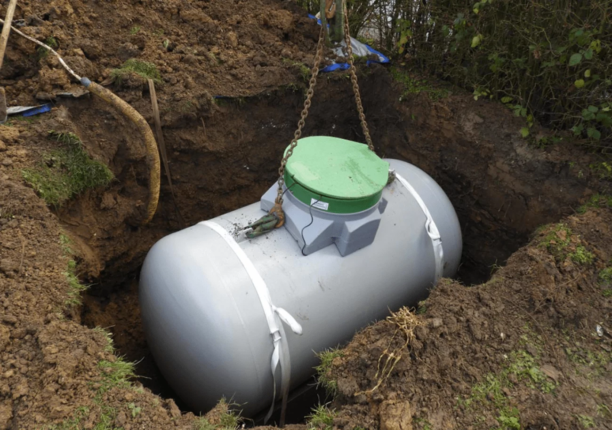Keeping Underground Propane Tanks In Check
Ensuring the safety and longevity of underground propane tanks is crucial for maintaining reliable and efficient operations. Regular testing and maintenance are key components in preventing issues and extending the lifespan of these tanks. Here’s a general overview of the essential tests and practices for underground propane tanks. Cathodic Protection Cathodic protection is a critical… Continue reading Keeping Underground Propane Tanks In Check

